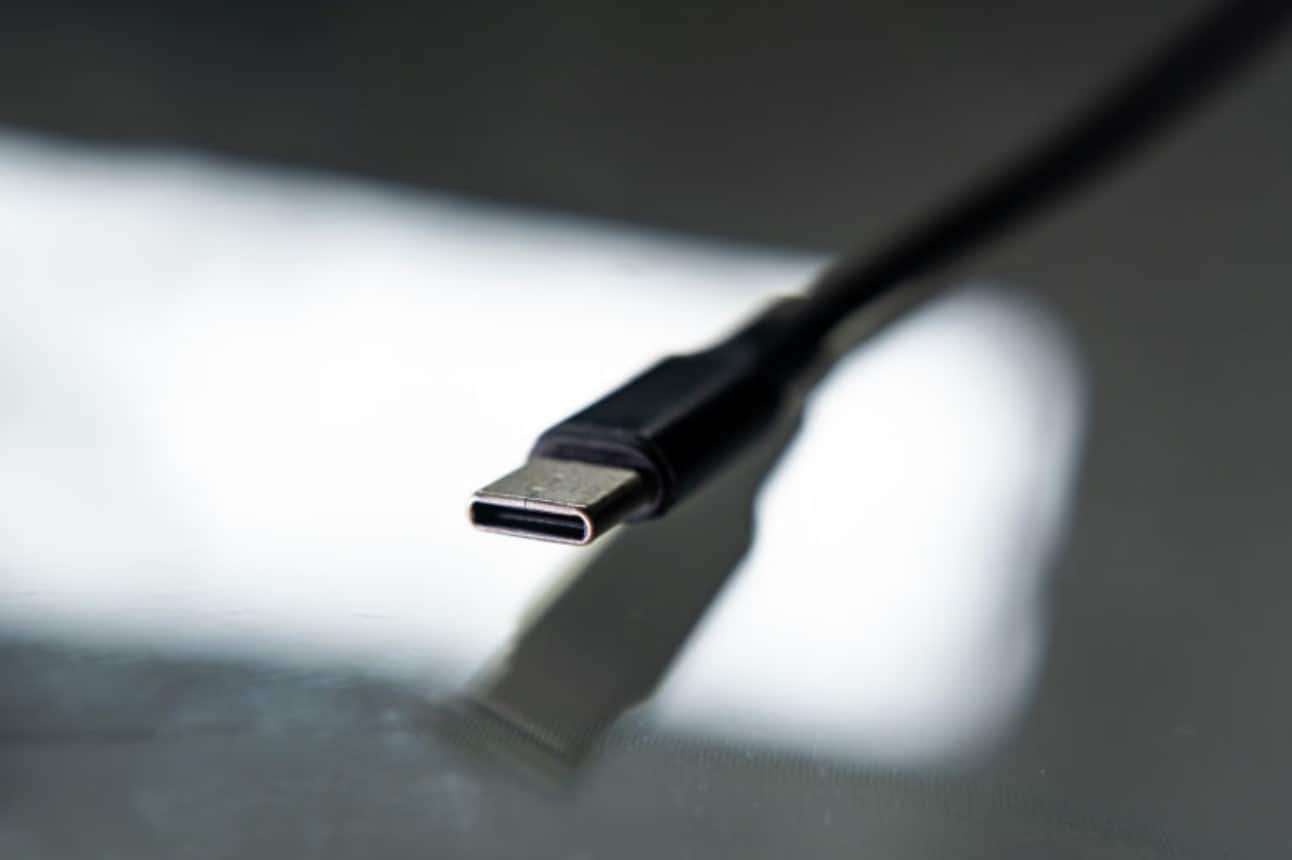Brazil is the latest country to consider making USB-C charging a requirement for smartphones. On Tuesday, Anatel, Brazil’s National Telecommunications Agency, announced a public consultation for a proposal to make USB-C charging a requirement for all cell phones sold in the country.
Anatel’s announcement said it was following in the European Union’s footsteps. The EU’s USB-C policy will require all smartphones, tablets, digital cameras, and some other consumer electronics with wired charging to receive power over USB-C in order to be sold in the region. Laptops will eventually have to meet the requirement, too. Anatel is currently only discussing a mandate for phones in Brazil.
The regulator also noted that some US senators are seeking a universal charger strategy similar to the EU’s policy.
In documents supporting Anatel’s proposal and spotted by The Verge, Anatel said that a USB-C policy could reduce e-waste, be more convenient for consumers, and help Brazil accommodate standards being adopted globally. It noted, however, that such a requirement could deter innovation around charging standards and cause higher costs for Anatel and the companies it regulates.
The documents describe a policy that would require phones and phone chargers that support charging at over 15 W to support USB-C charging. Anatel is also considering two other requirements: one that would ensure that alternative charging methods do not impede USB-C charging and one having phone packages and manuals state a minimum power requirement for charging.
Anatel isn’t looking into standardizing wireless charging, but the documents note that “adoption will continue to be the subject of studies both nationally and internationally in order to assess the need to define the standardization of this category of charging interface,” according to a Google translation.
Anatel’s public consultation is open until August 26.
Another reason to consider a USB-C iPhone
USB-C is the charging standard under consideration because this is the route the EU is taking and that US politicians have highlighted, and the connector is already widely used, Anatel noted. In the case of phones, most Android devices already charge over USB-C. The obvious holdout is Apple’s iPhone, which charges over Apple’s proprietary Lightning connector.
This week’s announcement puts more pressure on Apple to consider delivering a USB-C iPhone sooner than later. Apple will already have to devise a solution to comply with the EU’s upcoming requirement. With the US in North America and now Brazil in South America showing interest in similar rules, it’s not hard to imagine other governments following suit.
Apple’s iPhone could go completely wireless, but it’s still early for that technology in terms of data transfer and power delivery efficiency. And offering both USB-C and Lightning would be cumbersome and could lead to a clunkier device.
A May report from Bloomberg claimed that Apple is already testing USB-C iPhones and could launch them as early as next year. Should that alleged testing be successful, we expect a USB-C iPhone to be sold globally, not just to markets with USB-C charging requirements, for logistical and cost reasons.

